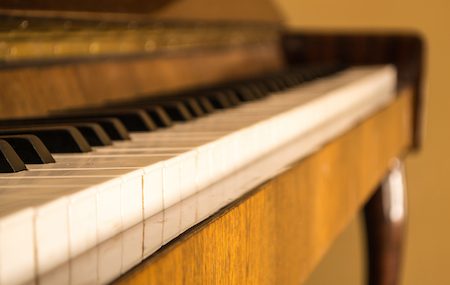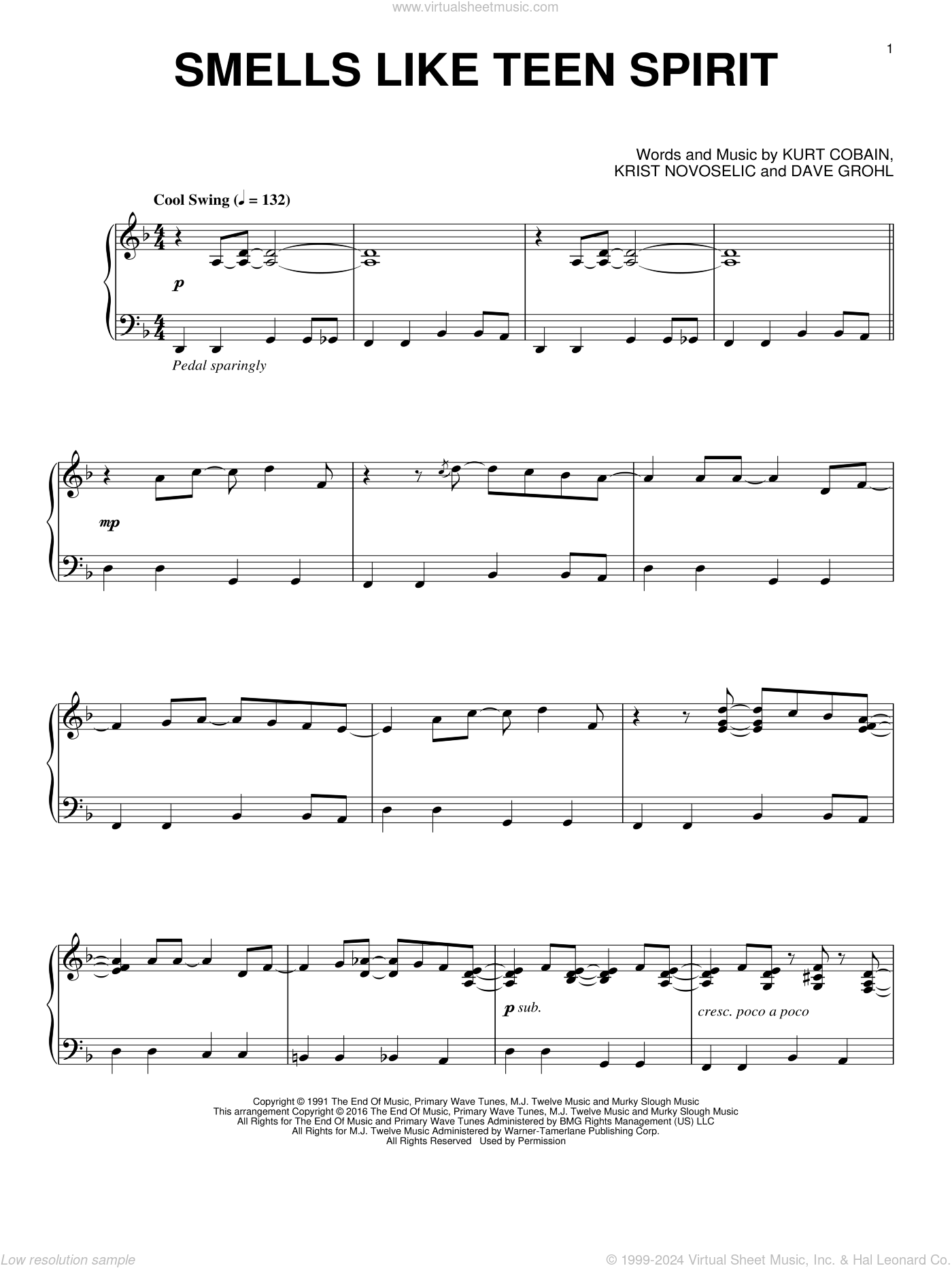A piano typically smells like a combination of polished wood and metal. The scent is often subtle and may carry a hint of antique or musky notes.
Pianos are majestic instruments that evoke a sense of elegance and history. They’re crafted from various woods, such as maple or spruce, and these materials contribute to the piano’s distinctive smell. The aroma can be nostalgic for many, reminiscent of hours spent practicing scales or performing in concert halls.
Over time, the scent of the piano might change slightly as the materials age, but the unique combination of wood and metallic elements usually remains. Proper maintenance and care can preserve the piano’s scent, ensuring that this olfactory experience is part of the overall enjoyment of playing or owning a piano.
The Essence Of A Piano
Step inside any room with a piano and a unique aroma greets you. This scent is the essence of countless musical journeys, the soul of wood, ivory, and metal, all working in unison. It’s a symphony of olfactory delights, each element contributing to the distinct smell of a well-loved piano.
Wood And Lacquer Interplay
The robust frame of a piano begins its life as fine timber, shaped and transformed over time. The scent of the wood is earthy, a whisper of the forests from which it came. The lacquer, applied to protect and enhance the wood’s beauty, adds a sweet, polished facet to the mix.
This combination of materials evolves with the piano’s age, the air of wood mingling with the subtle top notes of the lacquer, creating a deep, complex aroma as rich as the sounds it produces.
Ivory, Felt, And Metal Nuances
Pianos are more than just wood and lacquer, though. The keys, once made of ivory, now often use synthetic materials that contribute a faint, almost indiscernible scent. The keys’ gentle odor is a testament to the countless fingers that have danced over them, each note played adding to their storied fragrance.
- Felt pads, crucial in softening the harshness of metal strings, hold a subtle, woolen scent.
- Metals like steel and copper from the strings and frame add a clean, sharp contrast to the mix.
The bouquet combining these elements tells a story of craftsmanship and legacy, every recital leaving behind a faint trace of excitement and emotion.

Credit: coltharppianoworld.com
Age’s Influence On Aroma
The aroma of a piano tells a story of its years. Each stage of its life adds a unique scent signature.
New Piano Freshness
A brand-new piano often carries with it a distinctive clean scent. This fresh aroma is a mix of new woods, lacquers, and materials used in the piano’s construction. Imagine walking into a room where a new piano sits: the smell is crisp, possibly with hints of polish or varnish. It’s comparable to that of a new car or freshly printed book, evoking a sense of new beginnings.
- Polished surfaces exude a smooth, chemical tang
- New strings and felt may give off a metallic or wooly undertone
Antique Wooden Warmth
In contrast, an antique piano boasts a rich, woody fragrance. The years it has lived through seep into its pores, infusing the air with a mature, often musky scent. This bouquet is complex, woven from decades of resonated notes and the patina of time.
Wooden components, such as the soundboard and casing, may develop a deep, warm aroma, reminiscent of antique furniture. The smells of aged lacquer and the subtle hint of dust contribute to its vintage charm.
| Element | Scent Contribution |
|---|---|
| Soundboard | Rich, woody base notes |
| Lacquer | Sweet, aged complexity |
| Inside cavity | Mild, musty undertones |
The Impact Of Maintenance
The Impact of Maintenance on a piano goes beyond its appearance and function. It influences the very essence of its presence: its smell. Proper maintenance can keep your piano smelling fresh, while neglect can result in a less pleasant aroma.
The Scent Of Cleanliness
Pianos well-maintained emanate a clean and inviting scent. This freshness stems from regular cleaning and the use of appropriate wood polishes, which preserve the natural odors of the piano’s materials. To maintain this cleanliness, consider the following:
- Dusting the piano regularly with a soft cloth.
- Applying specialized piano cleaners to avoid harsh chemicals.
- Polishing with products designed for piano finishes.
Odors From Neglect
On the other hand, a piano that lacks proper care may develop unpleasant smells. These odors are the result of dust accumulation, moisture, and other neglect signs. They can include:
- Musty or mildew smells from humidity or water damage.
- A stale scent from lack of air circulation and cleaning.
- Offensive odors from the degradation of internal components.
Maintaining your piano is essential to prevent these issues. Follow a consistent cleaning schedule and ensure proper room conditions. By taking care of your piano, it will not only play beautifully but also maintain a pleasant aroma for years to come.

Credit: www.virtualsheetmusic.com
Manufacturers’ Choice Of Materials
The scent of a piano can transport us to a world of nostalgia and artistry, but have you ever wondered what precisely gives a piano its distinctive smell? The choice of materials a manufacturer uses plays a significant role. These materials do not only contribute to the aesthetics and sound quality of the instrument but also to its unique olfactory signature.
Variations In Wood Types
Different woods create diverse aromas in pianos. Manufacturers often select woods not just for their acoustic properties, but also for their scent.
- Spruce is common for soundboards, offering a fresh, resinous fragrance.
- Maple, used in bridges, emits a subtle, sweet aroma.
- Mahogany and Walnut, chosen for their beauty and stability, provide warm, rich scents.
These woods combine to create a bouquet of earthy tones that appeal to the senses.
Adhesives And Their Olfactory Mark
The glues used during construction leave their olfactory mark on a piano.
Animal glues, a traditional choice, offer a distinct, musky scent.
Synthetic adhesives are more modern and provide a chemical, yet faint smell.
Each adhesive contributes unique notes to the piano’s overall scent profile.
Personal Experiences And Anecdotes
Imagine stepping into a world where melodies are not just heard but also felt through the senses. ‘Personal Experiences and Anecdotes’ reveal the unique connection people have with their pianos. From a musician’s profound relationship to a family’s cherished heirloom, each piano tells a story, not just through its sound but also through its scent.
Musicians’ Nose
Musicians often develop a deep, personal bond with their instruments. The smell of a piano can trigger a flood of memories and emotions. The scent of aged wood mixed with the faint aroma of metal and lacquer becomes a distinctive hallmark.
- Warmth of Wood: The natural wood in pianos exudes a comforting scent.
- Metallic Whisper: The strings and hardware add a subtle, crisp note.
- History’s Echo: Vintage pianos carry the legacy of bygone music.
These scents form an unspoken bond between the musician and their instrument, often becoming as familiar as the music they create.
From Concert Halls To Living Rooms
The piano’s presence is felt everywhere from grand concert halls to cozy living rooms. Each piano has its signature aroma shaped by its surroundings and care.
| Location | Typical Scents |
|---|---|
| Concert Hall | Polish, sophistication, and the faint scent of anticipation |
| Living Room | Wax, family gatherings, and a tapestry of shared experiences |
Pianos in different spaces carry the essence of these experiences, creating an olfactory playlist as varied as the music they play.
Credit: musescore.com
Is the Smell of Cigarette Smoke Permanent in a Piano?
If you’re looking into removing cigarette smoke from piano, you may be pleased to know that the smell is not permanent. Proper cleaning and airing out the piano can help eliminate the odor. Using baking soda or activated charcoal inside the piano can also help absorb the lingering cigarette smoke.
Frequently Asked Questions Of What Does A Piano Smell Like
Do Pianos Have A Smell?
Yes, pianos can have a mild, woody smell due to their wooden components and the materials used in their construction and maintenance.
What Produces A Piano’s Typical Smell?
Pianos emanate a distinct smell that arises from their materials such as polished wood, felt, and metal components. These materials combine to give off a unique scent that can be described as woody or musky, often associated with a sense of antiquity or nostalgia.
Can Piano Smell Indicate Condition?
Indeed, a piano’s smell can signal its condition. A musty or moldy odor may suggest dampness or mildew presence, indicating potential internal damage. Conversely, a fresh woody scent might imply well-maintained and properly stored condition.
Does Piano Age Affect Its Scent?
The age of a piano can affect its scent. Older pianos have had more time to accumulate a patina of smells from the environment, potentially leading to a richer, more complex aroma. It could blend the natural scents of piano materials with historical ambient odors.
Conclusion
As we’ve explored, pianos offer a sensory journey far beyond their sound. From the subtle scent of aged wood to the distinct aroma of felt and metal, these noble instruments carry a bouquet as nuanced as their melodies. Embrace the olfactory concert during your next encounter with the ivories.
Discover not just the music, but also the memorable fragrance of a piano.
